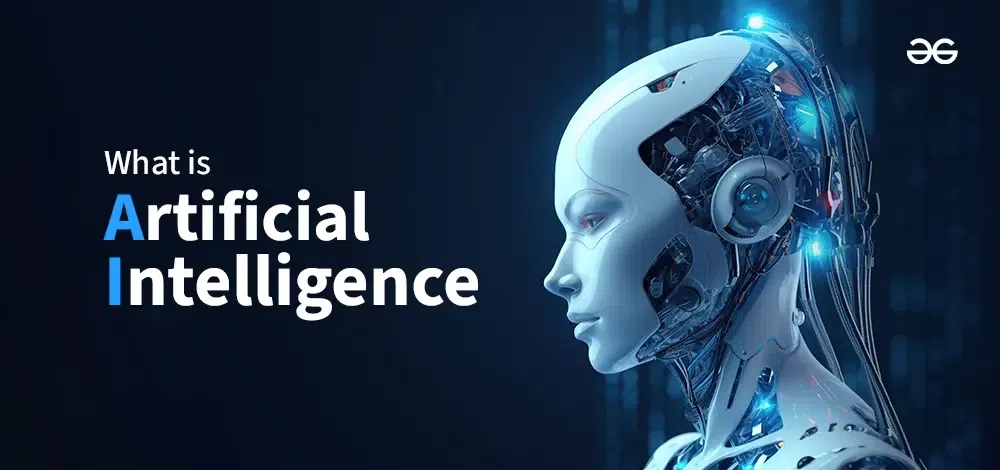What is AI?
Artificial Intelligence (AI) is a branch of computer science that deals with creating intelligent agents, which are systems that can reason, learn, and act autonomously.
Types of AI
- Narrow AI: This is the most common type of AI, designed to perform specific tasks. Examples include facial recognition systems, virtual assistants like Siri and Alexa, and self-driving cars.
- General AI: This type of AI is capable of understanding, learning, and applying knowledge across a wide range of tasks, just like a human.
- Superintelligence: This hypothetical type of AI would surpass human intelligence in all aspects, including creativity, problem-solving, and social skills.
How Does AI Work?
AI works by using algorithms and data to learn and make decisions. Common techniques include:
- Machine Learning: This involves training algorithms on large datasets to identify patterns and make predictions.
- Deep Learning: A subset of machine learning that uses neural networks to learn from complex data.
- Natural Language Processing (NLP): This allows AI to understand and respond to human language.
- Computer Vision: This enables AI to interpret and understand visual information.
Applications of AI
AI is being used in a wide range of industries, including:
- Healthcare: Diagnosing diseases, developing new treatments, and improving patient care.
- Finance: Detecting fraud, managing investments, and providing personalized financial advice.
- Manufacturing: Optimizing production processes, improving quality control, and predicting maintenance needs.
- Customer Service: Providing automated customer support, answering questions, and resolving issues.
- Transportation: Developing self-driving cars, optimizing traffic flow, and improving transportation efficiency.
Ethical Considerations
The development and use of AI raise important ethical questions, such as:
- Bias: AI systems can be biased if the data they are trained on is biased.
- Job Displacement: AI could lead to job losses in certain industries.
- Autonomous Weapons: The development of autonomous weapons raises concerns about their potential misuse.
The Future of AI
AI is a rapidly evolving field with the potential to revolutionize many aspects of our lives. As AI continues to advance, it is important to consider the ethical implications and ensure that it is developed and used responsibly.





0 Comments